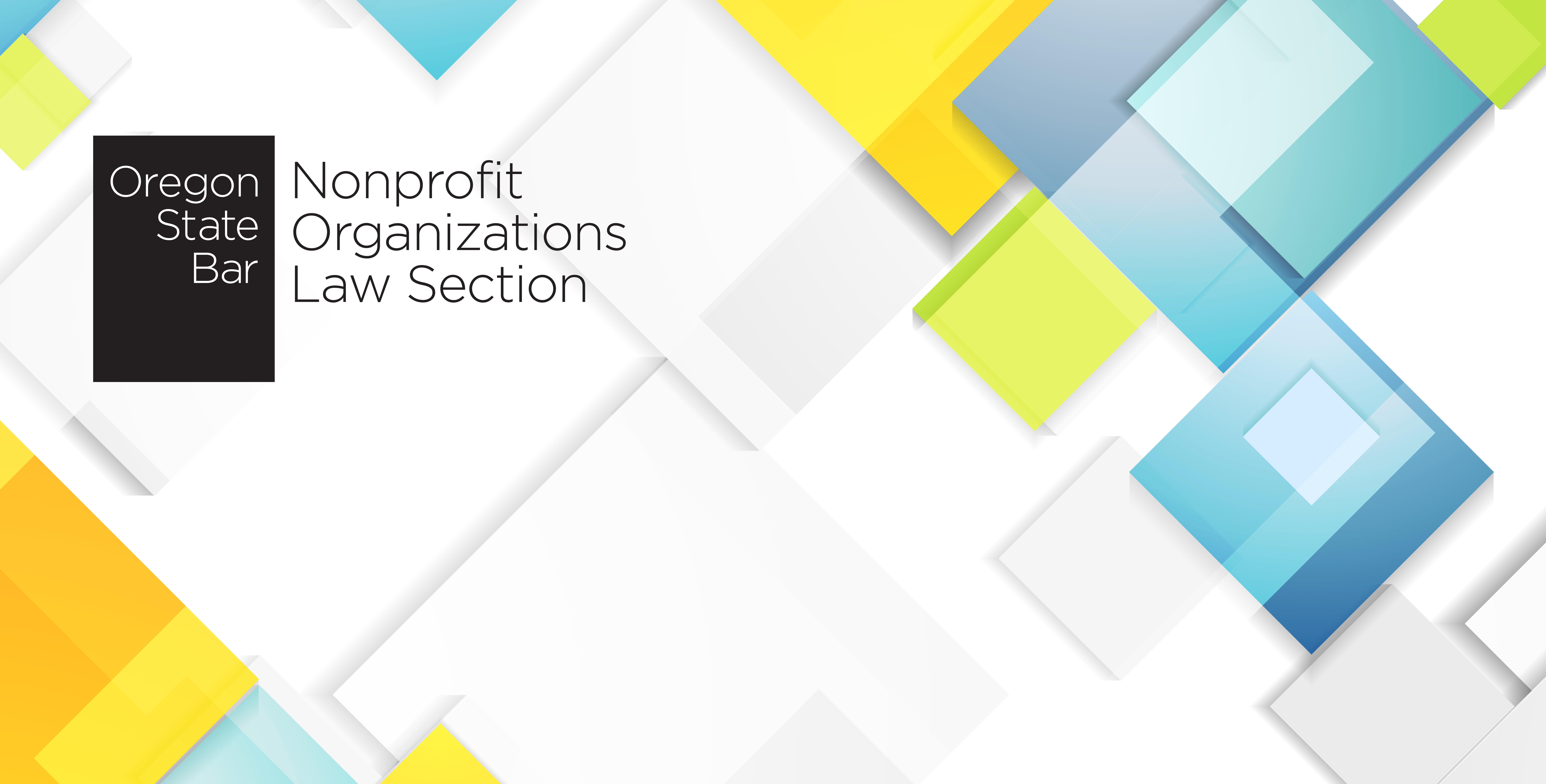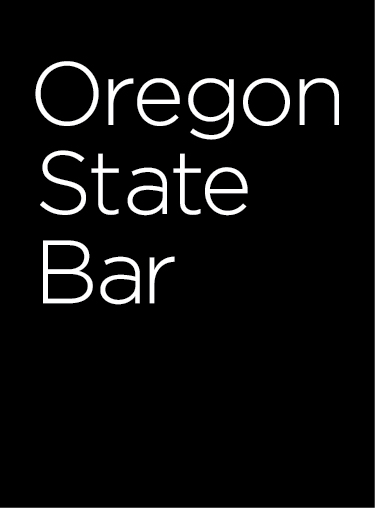The purpose of the Oregon State Bar Nonprofit Organizations Law Section (NOLS) is to serve the people of Oregon by helping Oregon attorneys to better serve the very diverse range of non-governmental, not-for-profit entities recognized under Oregon and federal laws. These include large and small public-benefit charities, private mutual-benefit associations, trade groups, religious institutions, educational institutions, foundations, political advocacy groups, arts and cultural groups, and others.
To accomplish that purpose, the NOLS will offer attorneys opportunities to:
- improve their understanding of the laws governing and the best practices for working in this diverse universe of entities
- meet and collaborate with other attorneys and other professionals serving nonprofits
- advise the bar and, when appropriate, the Legislature, on matters affecting nonprofits
Because nonprofits serve Oregonians in almost every aspect of life, lawyers serving nonprofits get to become familiar with many other areas of law. However, regardless of their clients’ missions, there are common issues that arise in all nonprofits, issues that stem from the original decision to create and operate a nonprofit rather than a for-profit entity. This decision causes profound and pervasive differences in the legal environment and constraints at every level of every nonprofit. Thus, nonprofit law is a distinct practice area that merits recognition as such.
Not only are nonprofits treated very differently under the federal tax code, there is a nonprofit corporations chapter in the Oregon Revised Statutes, as well as a distinct body of research and a network of national organizations involved with study of and advocacy on the behalf of nonprofit sector entities, which face many unique challenges that for-profit peer organizations do no. Most significantly, the vast majority of Oregon nonprofits are either all-volunteer led and run or operate with a mixture of volunteers and a relatively few paid staff. This is both a key strength and a difficult challenge for nonprofit leaders, and therefore, for their attorneys.


